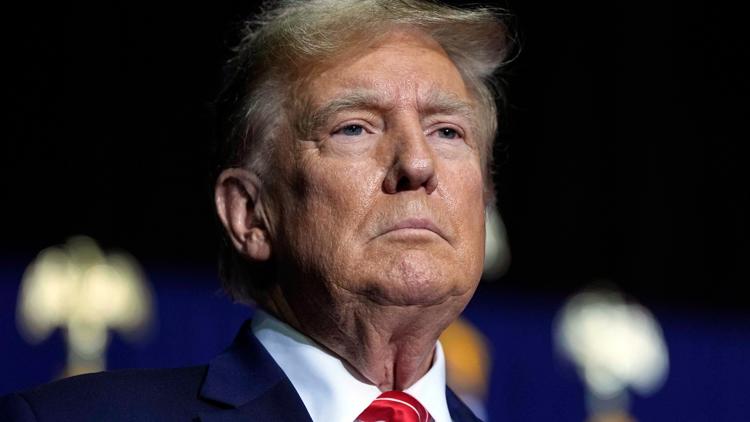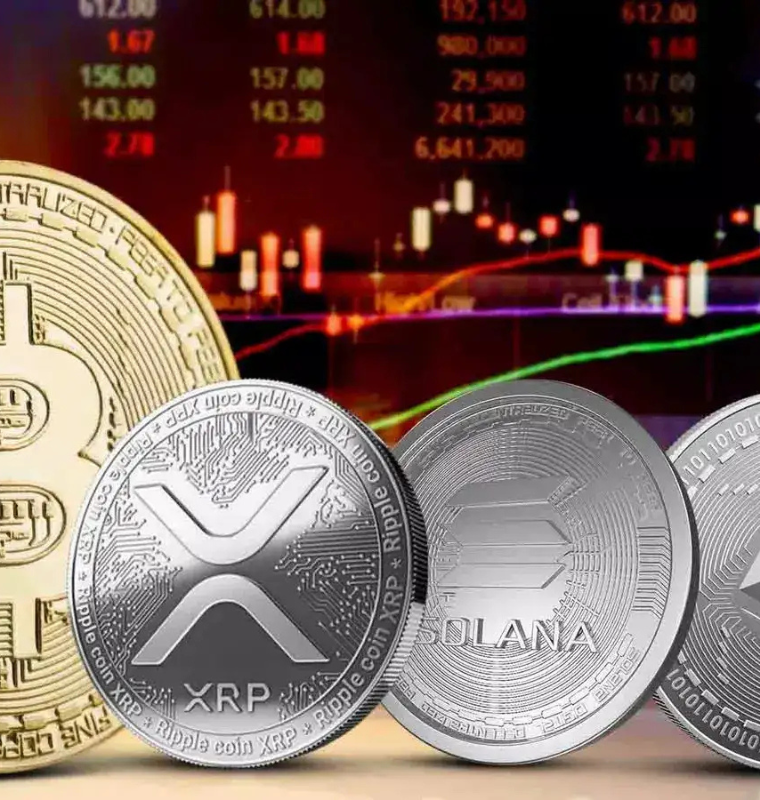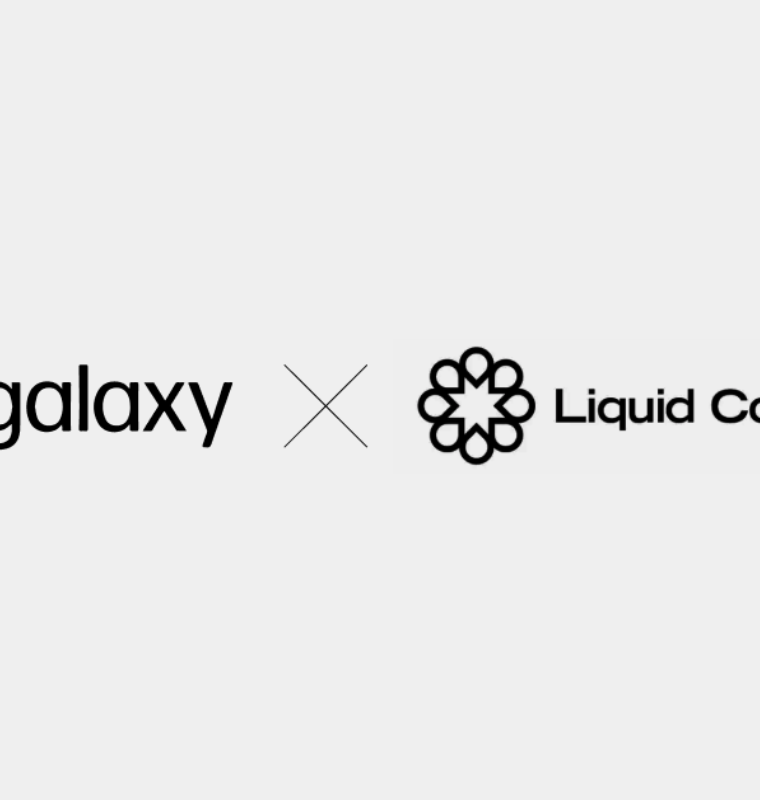Trump Briefed on His Name in Epstein Files Weeks Before DOJ Withheld Public Release
Trump Briefed on His Name in Epstein Files Weeks Before DOJ Withheld Public Release
By
Calder Monroe
Last updated:
July 24, 2025
First Published:
August 6, 2025

Photo: KGW
Former President Donald Trump was informed in May that his name appeared multiple times in Department of Justice documents related to convicted sex offender Jeffrey Epstein, according to an investigative report by The Wall Street Journal. The briefing was delivered by Attorney General Pam Bondi during a private meeting at the White House—weeks before the DOJ announced it would not release the Epstein files to the public, despite previous promises to do so.
Private Briefing and DOJ Reversal
The Journal’s report indicates that Bondi and Deputy Attorney General Todd Blanche discussed the Epstein files with Trump as part of a "routine briefing." However, the decision to withhold the documents came later, sparking political backlash, especially from Trump’s MAGA base, who have long promoted conspiracy theories tied to the Epstein case.
While the documents referenced Trump, the Journal noted that the content was largely unverified hearsay, and being named in the files is not evidence of wrongdoing. Trump, like many prominent figures—including Britain’s Prince Andrew—had previous social ties to Epstein, though the two reportedly fell out well before Epstein’s 2019 death in federal custody.
DOJ Faces Pressure Over Transparency
Trump, seeking to respond to criticism from his supporters, recently directed Bondi to push for the unsealing of grand jury transcripts related to federal investigations into both Epstein and his associate Ghislaine Maxwell, who was convicted in 2021 for trafficking underage girls.
The DOJ claimed in a public memo on July 6 that its internal review of the Epstein files did not uncover sufficient grounds for further investigation or prosecution. On the same day, the DOJ filed a motion to unseal the grand jury transcripts, suggesting partial transparency may be forthcoming.
Letter Controversy Sparks Lawsuit
The Journal’s reporting also revealed the existence of a 2003 letter allegedly written by Trump to Epstein on his 50th birthday. The letter, reportedly requested by Maxwell, featured a risqué drawing of a nude woman, with Trump's signature integrated into the image.
Trump has vehemently denied authorship, labeling the letter a forgery and calling the Wall Street Journal’s coverage “fake news.” In response, Trump filed a $10 billion defamation lawsuit against:
- Rupert Murdoch
- News Corp (parent company of WSJ)
- Dow Jones & Co.
- WSJ’s CEO Robert Thomson
- The article’s two authors
The lawsuit claims the report defamed Trump and damaged his public reputation. A spokesperson for Dow Jones responded, stating: “We have full confidence in the rigor and accuracy of our reporting, and will vigorously defend against any lawsuit.”
Political Repercussions and Public Pressure
The situation has placed the Department of Justice under renewed scrutiny for reversing course on a highly anticipated release of files. Trump’s MAGA supporters, already skeptical of federal law enforcement due to past investigations, view the delay as politically motivated.
Trump himself blamed the controversy on former FBI Director James Comey and the Obama and Biden administrations, further fueling partisan divides over transparency and accountability.
Meanwhile, travel from Canada to U.S. states like Vermont—once popular among tourists—has reportedly declined, with some attributing the drop to damage in cross-border relations stemming from the Epstein scandal fallout and broader political tensions.
What Happens Next
As the DOJ’s motion to unseal grand jury transcripts moves through the courts, attention is shifting to whether additional names or details will be made public. With Trump now deeply involved in both a legal battle with the media and calls for disclosure, the political stakes surrounding the Epstein case are once again climbing.
For now, the public is left waiting—not only for facts, but for clarity on what remains hidden in one of the most controversial criminal cases of the last decade.
Popular articles
Subscribe to unlock premium content
Disney’s Timeless Magic and How the Entertainment Giant Continues to Shape Culture and Innovation

Imran Khan’s Economic Missteps Amid Political Chaos in Pakistan

The Philippines’ Digital Shift How Remittances and BPO Are Fueling Growth

Disney’s Timeless Magic and How the Entertainment Giant Continues to Shape Culture and Innovation

Imran Khan’s Economic Missteps Amid Political Chaos in Pakistan

Disney’s Timeless Magic and How the Entertainment Giant Continues to Shape Culture and Innovation









